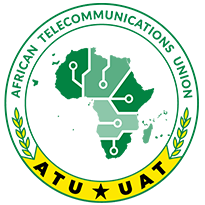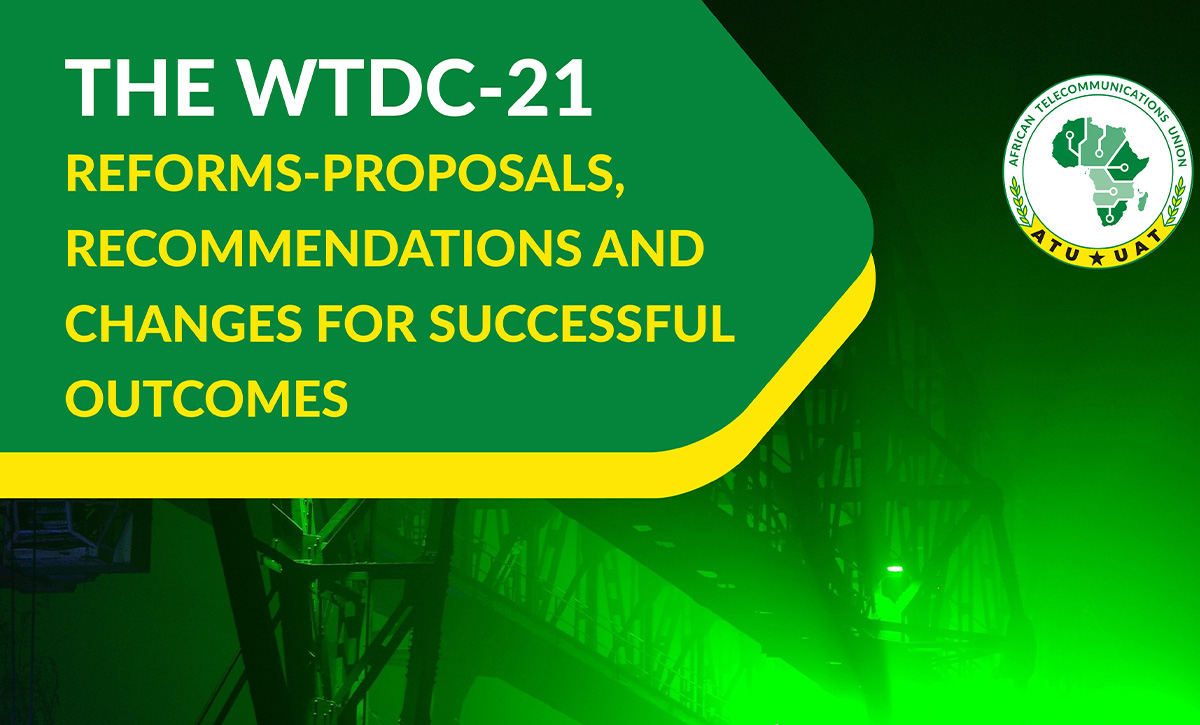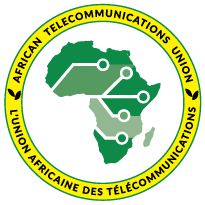ATU had its 1st consultative meeting on WTDC-21 preparations on 11th February 2021. Part of the discussion covered the outcome of BDT consultations. TDAG Study Groups and WGs deliverables towards WTDC-21 were also discussed as well as regional initiatives and their implementation status as of 2017-2020. Recommendations on regional and inter regional preparatory meetings were also tabled.
As the preparations for WTDC-21 progress across the world, both Africa and other regions taking part in the forum have shifted focus to ‘connecting the unconnected’. The conference, aimed at driving global ICT development to achieve the 17 Sustainable Development Goals, is set to happen from 8th-19th November 2021 in Ethiopia, for the first time in Africa. The event will also be happening in the midst of a pandemic, a first in the event’s history. Among other firsts is the fact that the event will be taking place under a new leadership in the ITU BDT and will include stakeholders such as: high-level participants from Member States, sector members, private sector, Academia, UN System, civil society, international and regional financial organizations, the youth and representatives from marginalized communities. These stakeholders are to participate in both the regional and inter-regional preparatory meetings.
WTDC is changing in accordance with the changing times. Many adjustments are being considered in terms of the content and the structure of the conference in an effort to make it more impactful, solution-based, development-oriented, exciting, and innovative. For example, in this edition, the conference will be achieved through two tracks. One of the tracks will be the administrative track that will present an avenue for members to communicate their concerns, views, challenges, needs, and successes through the contributions they make to the conference. Members will also be able to develop resolutions which will instruct the BDT on their priorities and desired actions and activities for implementation. The second track will be the development track. Under this track, activities such as the side events that were formerly on the margins of WTDC-17 will be mainstreamed into the conference agenda. Another aspect to note is that the conference is clustering the thematic areas in order to reduce them from ten to three broad categories, namely: connectivity, digital society and an enabling environment.
Connectivity is a big issue in Africa and in the world at large. Viable solutions to solve the issue of connectivity can only be found if those who need it and those who can provide are all present in WTDC. There are ongoing discussions on reforming the WTDC content and structure so as to ensure that the conference is focused on the most immediate needs of the sector and to ensure that the outcomes of WTDC-21 and as such the priorities are implemented. For this to happen, the content, structure, agenda and scope of the conference must bring together and engage key players in the development ecosystem. In response to the goals stated above, additional changes are foreseen: for starters, the regional initiatives will now be called regional priorities. It is also advised that such regional priorities should be limited and based on the defined scope of the conference and should be closely aligned with the Sustainable Development Goals (SDGs). This will help ensure that they are focused in a way that creates interest and value for various stakeholders to come on board.
WTDC-21 is set to also see the inclusion of a high-level segment and high-level policy statements that would make way for a development track that would incorporate senior level panels, roundtables and thematic discussions of development topics related to the implementation of the action plan and establishment of the new action Plan. Groups to be targeted are International financial institutions, regional development banks, United Nations System, private sector, and other relevant stakeholders such as youth organizations and representatives from marginalized communities. Also, high-level participants from these groups will be invited to chair and/or deliver keynote speeches on the theme(s) selected.
Side events or the newly rebranded development tracks are very important to the conference. For starters, they provide an opportunity for stakeholders to think outside the box and to capitalize on others’ goodwill to work together and find solutions to issues of global concern. Also, apart from the fact that they have great potential to attract high-level participants, side events present an excellent opportunity for highlighting the sense of urgency of critical issues and trends that need to be addressed by the ICT sector in collaboration with other partners. Previously, the events have taken place on the margins of the conference and are usually scheduled outside conference hours. Going forward, the development tracks will be reduced to make them more structured and focused and will be incorporated into all conference programmes.
Since 2017, WTDC has been taking place a year before the Plenipotentiary Conference. It was therefore proposed that the ITU-D membership would need to agree beforehand at the interregional coordination meetings to not deal with the strategic plan at WTDC-21. The proposed change would allow more time to prepare the ITU-D component of the overall ITU strategic plan; improve linkages with the action plans and bring the ITU-D strategic planning process in line with the Radiocommunication and Standardization sectors of the Union. It will also free up time for WTDC to focus on other priorities.
Equally, the need to implement a comprehensive preparatory process that introduces formal inter-regional meetings (IRMs) with clear and defined format and agendas is paramount. As recommended, a minimum of two and a maximum of three Inter-regional meetings are to be held preferably back to back with the regional preparatory meetings subject to further discussion among the regional telecommunication organizations, in consultation and coordination with the BDT. The regional meetings should, to the furthest extent possible, facilitate in person and remote participation, on an equal footing, and should seek to come to a common position on key issues to be discussed at WTDC-21, while respecting the sovereign right of any Member State to submit its own contributions to WTDC-21.
The regional telecommunication organizations are expected to designate focal points for regional coordination. Any interested Member State can attend the interregional meetings, but the regional telecommunication organizations such as ATU will determine who will speak on their behalf during inter-regional meetings. The chairman of the inter-regional preparatory meeting will be the chair of WTDC-21 and will have six vicechairs. Preferably, the vice chairs should be those that are responsible for the coordination of the preparatory process for WTDC in their respective RTO. Each region is to appoint its coordinators, while the secretariat of the RTOs will play an overall coordinating role.
These and all other preparatory measures as well as recommended changes of approach seek to ensure effective realization and implementation of WTDC-21 outcomes.


